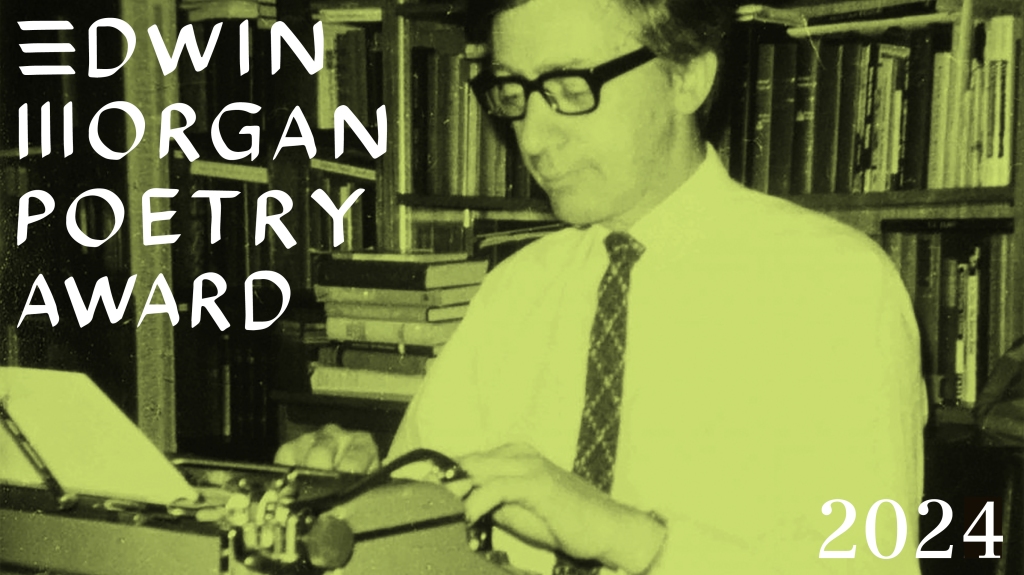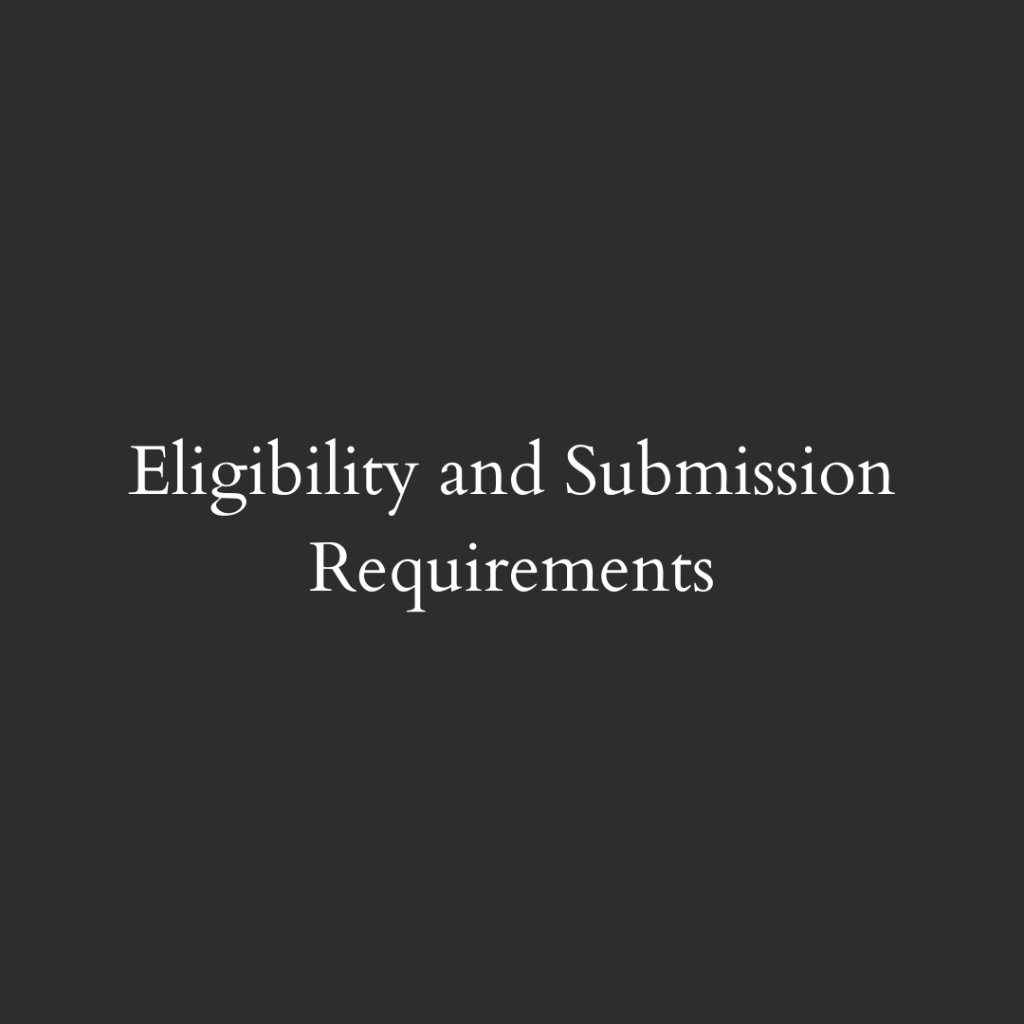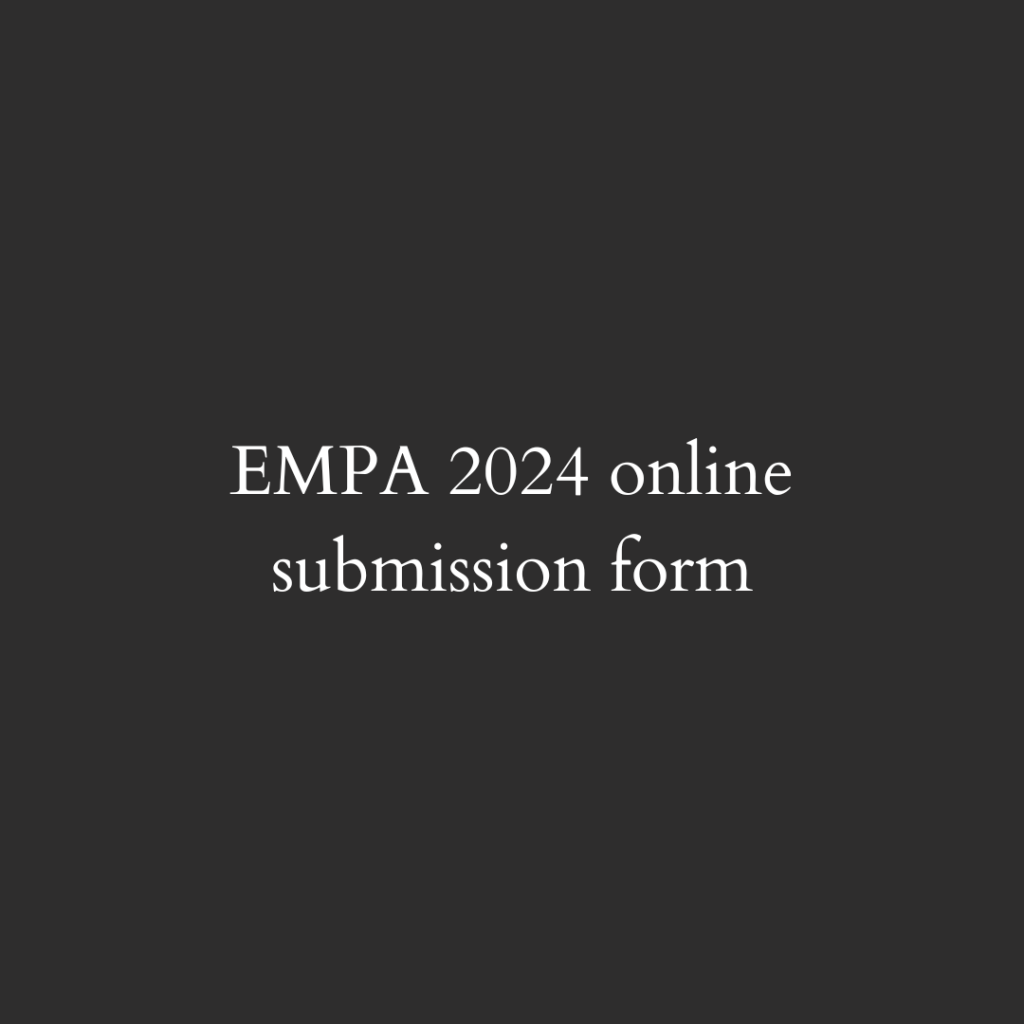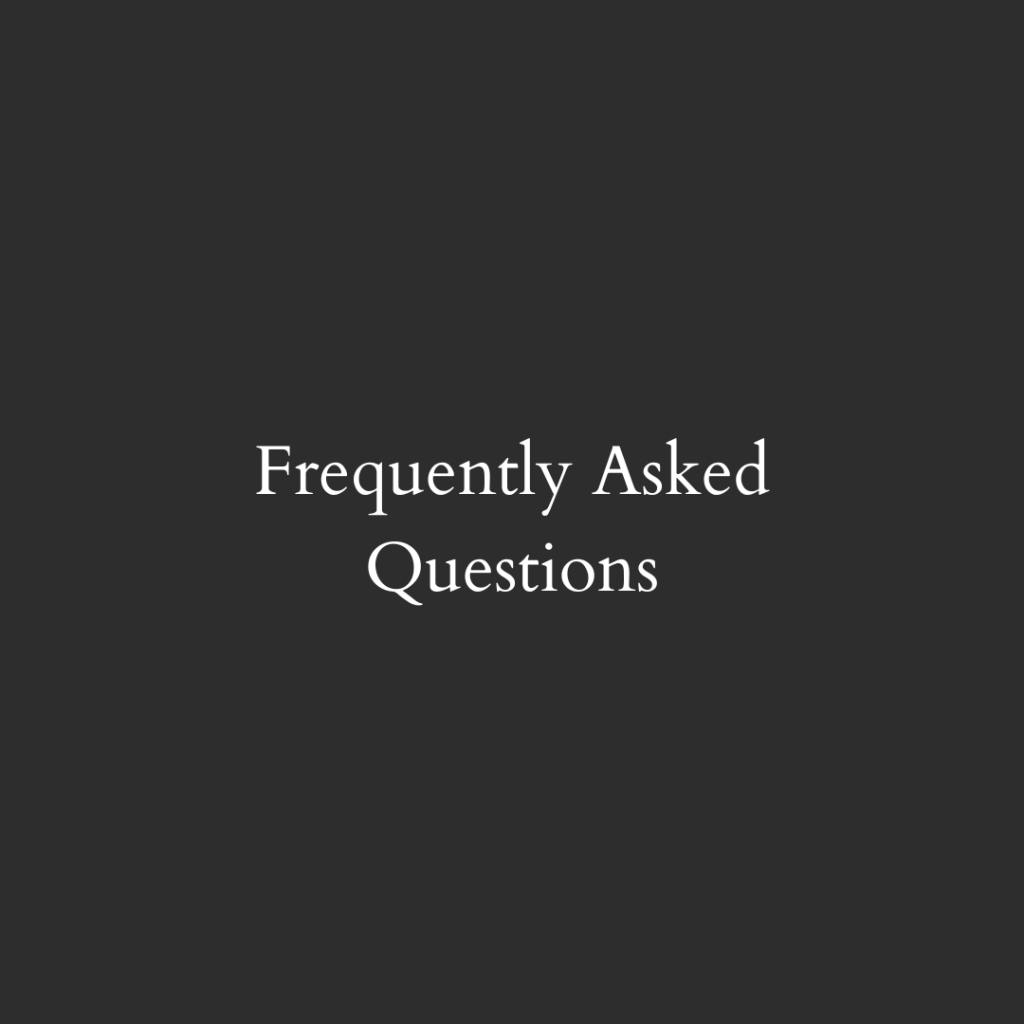Applications are now closed for the Edwin Morgan Poetry Award 2024.
The Edwin Morgan Poetry Award (EMPA) sits at the core of the Edwin Morgan Trust’s work. The award was conceived by Edwin Morgan with the aim of supporting young Scottish poets to reach new heights. Morgan demonstrated this mission during his lifetime by mentoring and supporting emerging Scottish poets. He generously left one million pounds in his will to continue this mission, with specific reference to establishing an award to a young poet.
The EMPA was inaugurated in 2014 and is held every two years. It has supported the work of over twenty young poets with a prize of £20,000, which up to 2020 was given to one poet but now may be divided between up to four poets.
Previous winners and shortlisted poets include: Niall Campbell, Claire Askew, Tom Chivers, Harry Josephine Giles, Stewart Sanderson, Molly Vogel, Penny Boxall, Miriam Nash, Sophie Collins, Roseanne Watt, Daisy Lafarge, Tom Docherty, Nadine Aisha Jassat, Peter Ratter, Alycia Pirmohamed, Colin Bramwell, Michael Grieve, Kirsten Kerr, David Linklater, Paul Malgrati, Titilayo Farukuoye, Roshni Gallagher, Alyson Kissner and Michael Mullen.
In 2022, the Edwin Morgan Trust revised the format of the poetry award, working to address barriers to entry to actively reach communities that have been historically under-represented in the EMPA prize. The 2024 EMPA is guided by these revisions:
- Defining ‘Scottish’ as being born in Scotland, raised in Scotland or being an ongoing resident of Scotland.
- Creating an award that rewards outstanding promise by supporting the development of a collection of poems through financial support. New submission guidelines ask for 10 unpublished poems, rather than 25–50 poems. Entries are accepted via a digital portal rather than as hard copy.
- Assembling a 5-person Nomination Committee, comprising individuals and representatives of organisations who are embedded in a range of communities. Each member of the committee will nominate 2 poets for the longlist, from groups previously under-represented in the EMPA, whom they feel are promising and deserving of the Award.
- Establishing an open-call for applications, which will be reviewed by two members of the Nomination Committee and two former EMPA poets. The final longlist will comprise up to 10 ‘nominated’ poets and 10 ‘open-call’ poets.
- EMPA judges will decide if they would like to award the £20,000 prize to one poet or divide the prize fund of £20,000 between up to four poets.
While we understand that the age specification of poets under 30 remains a barrier for many people who, due to structural inequality, have not had the opportunity to cultivate a writing practice in their teens and twenties, this condition is stipulated in Edwin Morgan’s will.
Through these changes we hope to see the EMPA grow to be a more inclusive, core enabler of new, emerging and exciting voices in Scottish poetry.
Read about the 2024 EMPA judging panel here.
Submissions to the 2024 Award are now closed.




